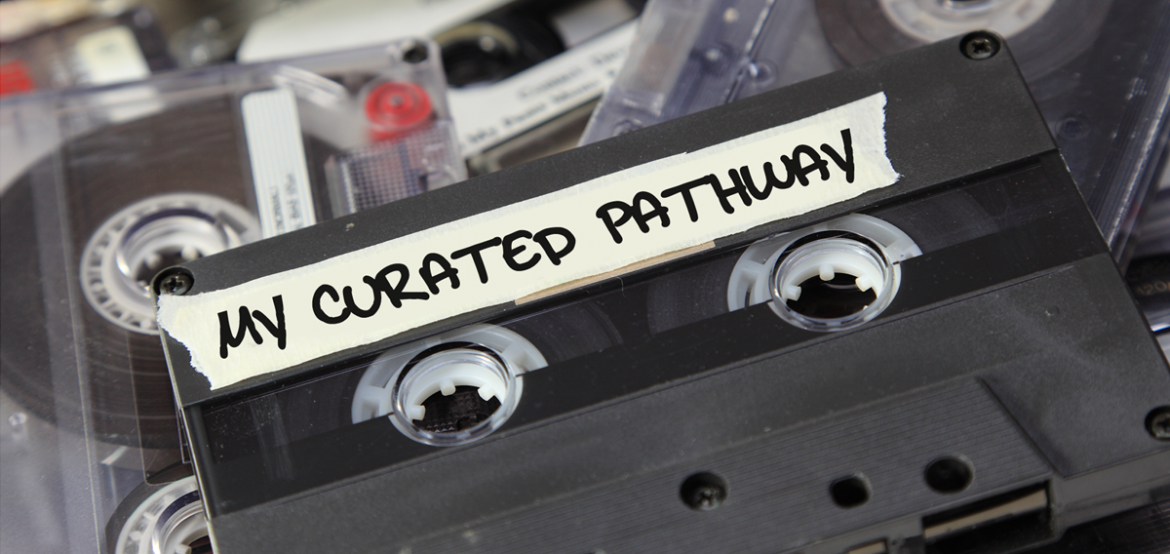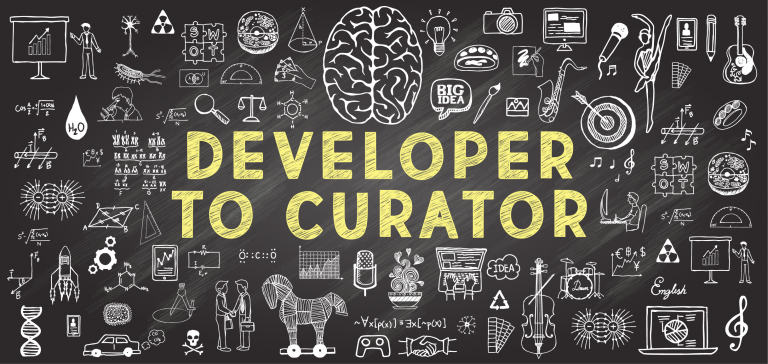Six Ways You Could be Putting the Brakes on Your Learning Culture
Aug 15, 2018 11:25:13 PM / by Audrey Bloom posted in Culture, Curation, Strategy
Learning Content Curation is More than Just Assembling a Playlist
Nov 3, 2017 4:51:26 PM / by Tom Kupetis posted in Curation
Many in the learning space have recently come to the realization that learning functions don’t need to try and command and control all learning content within their organization nor do they have the resources to create it all. Rather, they can become the curators of learning. Sounds intriguing, but, what does it mean when we say curation? What does good curated learning look like? How do we measure impact to the business? Many learning functions are in the midst of trying to figure out those answers. Many have begun to take action. Unfortunately, I see many organizations not learning from past mistakes. I have met many learning leaders who have begun with technology. I would have hoped the lack of value from investments in LMS platforms, portals, social collaboration tools and many others, would have made more realize that starting with technology is typically a recipe for failure. Don’t get me wrong, there are some great technologies that elegantly present curated learning but those are only as good as the work of the curators.
Culture, Curation, Contribution, Collaboration: The 4 Cs for Future Learning Organizations
Sep 25, 2017 12:49:00 PM / by Larry Durham posted in Collaboration, Culture, Curation, Blog, Contribution
The Evolution of the Learning Professional: From Developer to Curator
Aug 11, 2017 11:16:11 AM / by Melissa Noonan posted in Content Development, Context, Curation, Modern Learning, Blog, Instructional Systems Design
In the past, learning professionals were in the business of creating content to “train” people. Learners experienced a lot more “telling” and “showing,” and often the communication between the instructor and the learners was one way, i.e., instructor to learner. In today’s world of mega-information and sensory overload, most adult learners can’t be “told” everything they might need to know. Filtered quality content has much greater value than massive amounts of non-relevant information. It is more important to be able to access the needed information or content at the right time rather than getting “trained” in the classical sense. What implications does this have for today’s learning professional?



